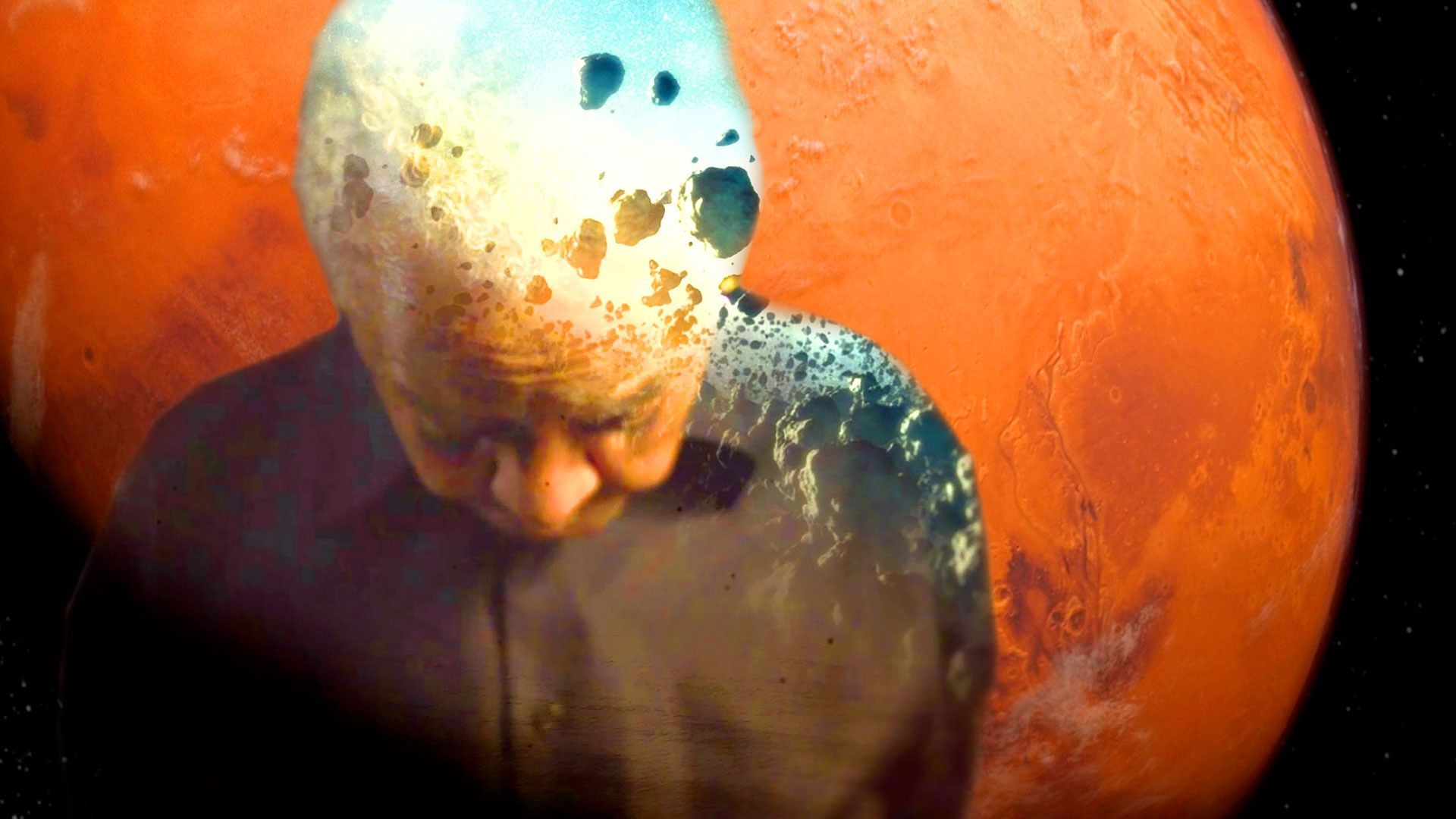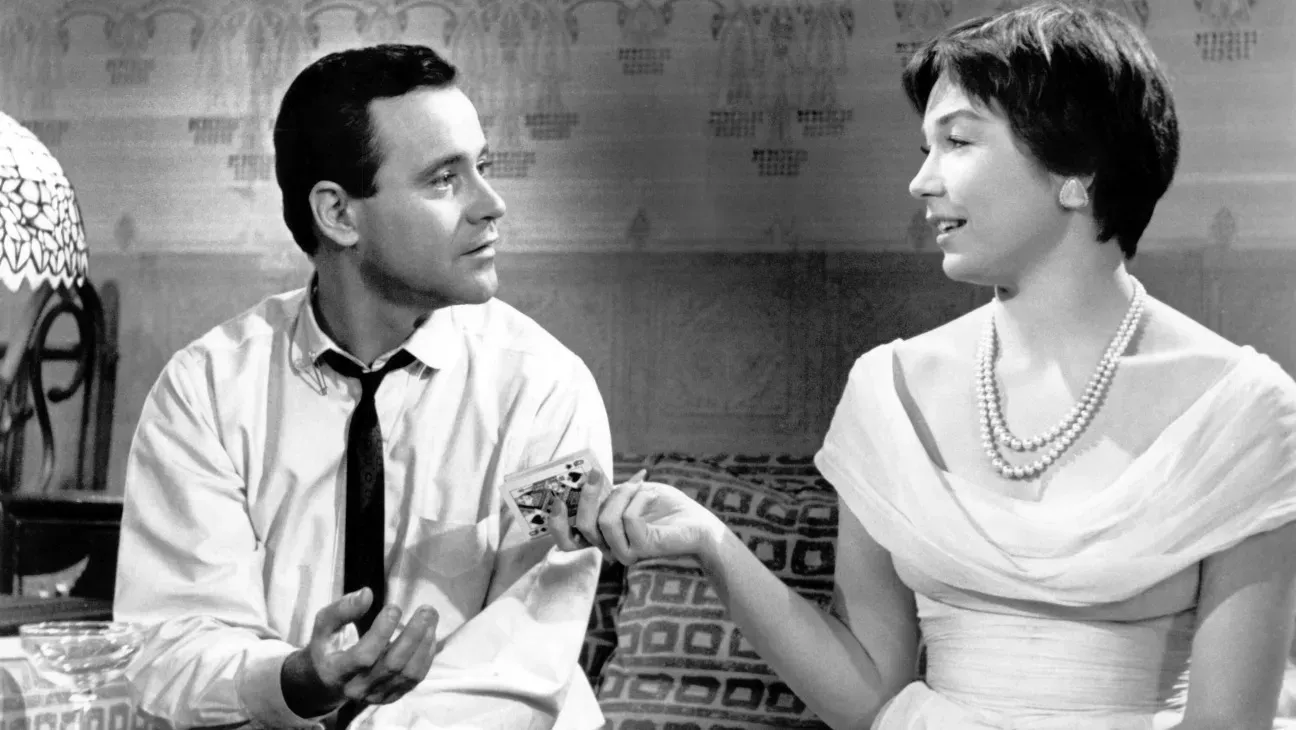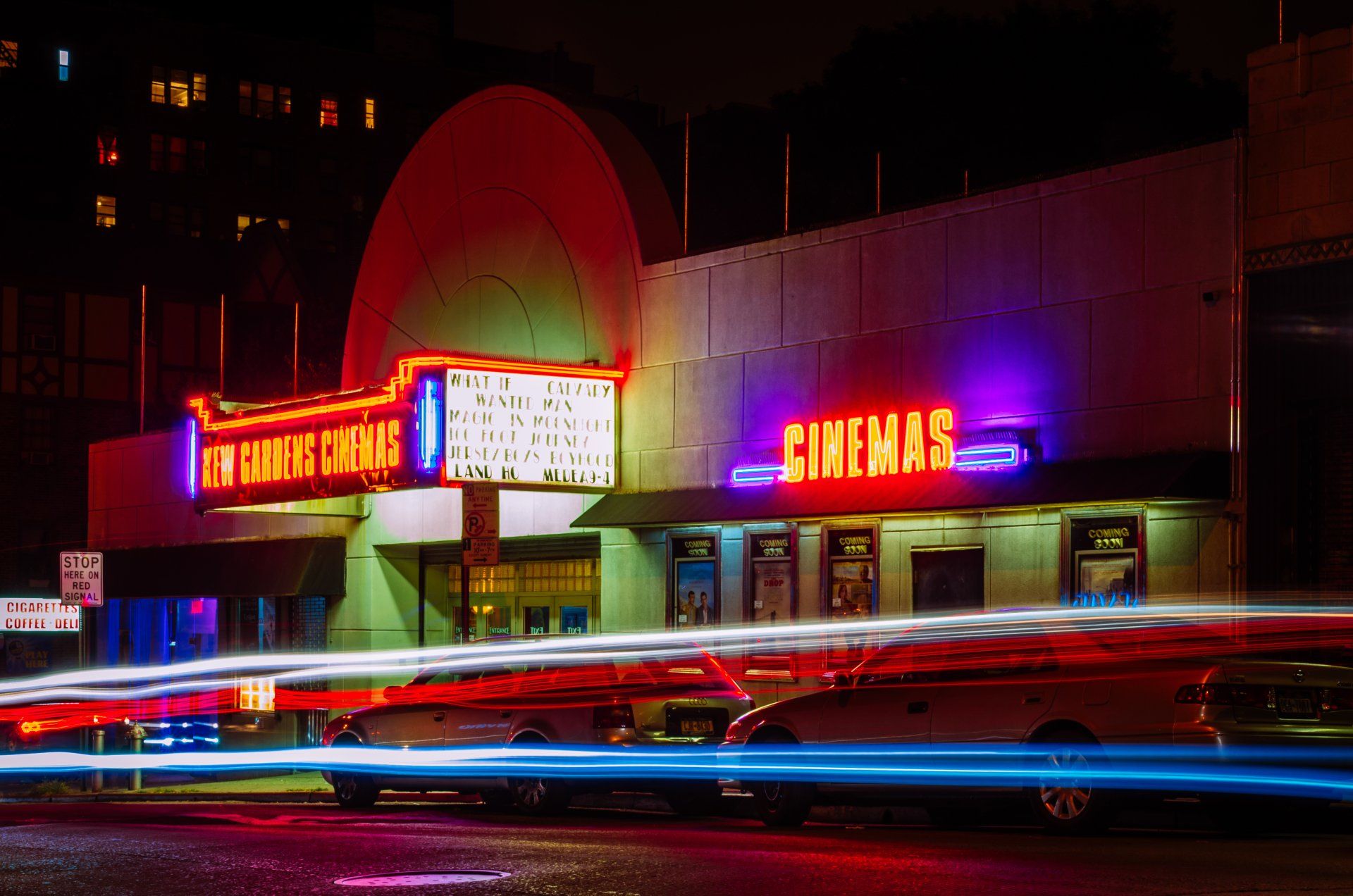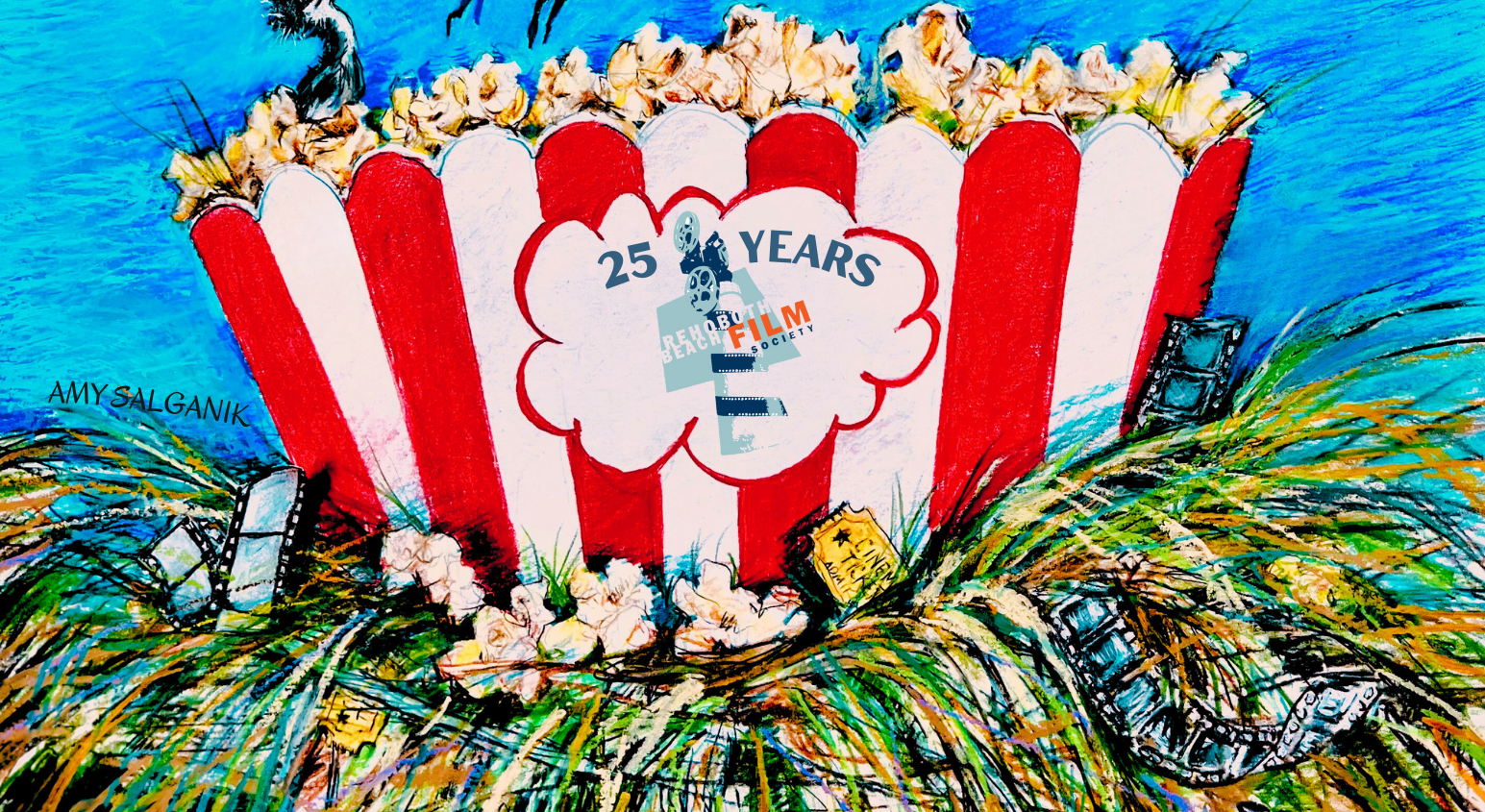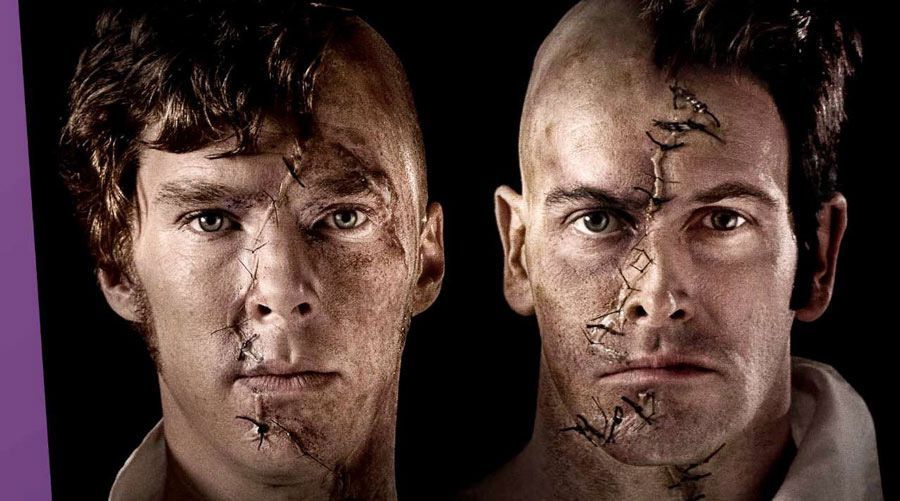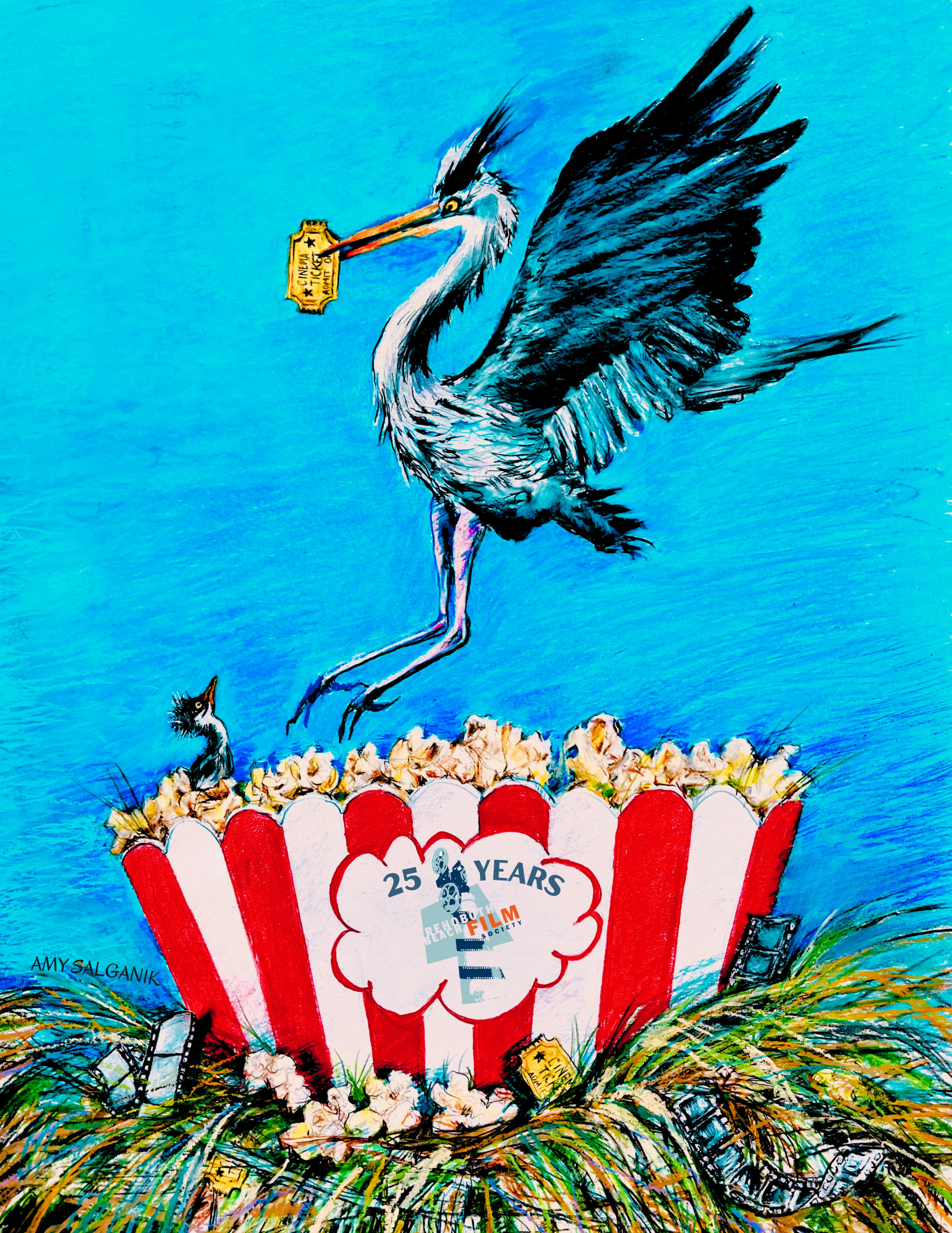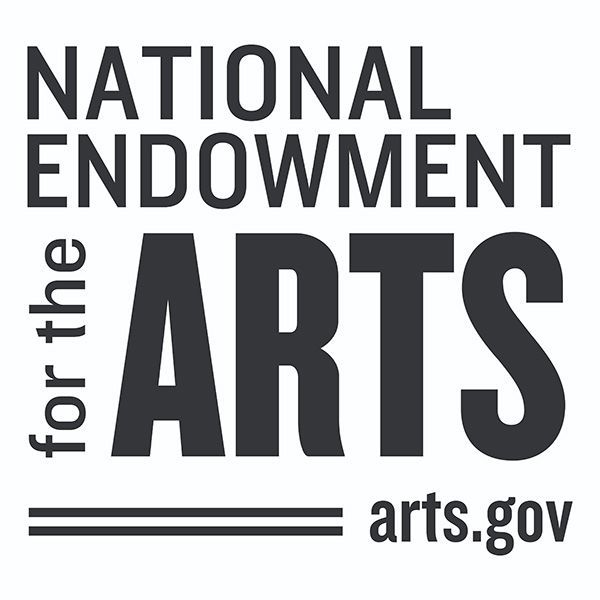June 7, 2023
By: Alix Robinson-Guy Cinema Art Theater Associate Here at the Rehoboth Beach Film Society’s Cinema Arts Theater, we enjoy a wide variety of programming to continue our vision of bringing an expanded view of arts and culture to the population of Delaware. Part of that is, of course, our 2023 Rehoboth Beach Pride Film Festival, which has several art house films of much repute, including Passages , which will be on Friday, June 9th, at 9 PM, Horseplay , which will be on Saturday, June 10th, at 10 PM, and Going to Mars: The Nikki Giovanni Project , which will be on Sunday, June 11th, at 4 PM. Passages is a 2023 French film directed by Ira Sachs about a man who, after fifteen years with another man, has an affair with a woman. The two men are played by Franz Rogowski, who was previously in Victoria (2015), and Ben Whishaw, whose theatrical performances as Hamlet garnered rave reviews, and the titular perfumer in 2006’s Perfume: The Story of a Murderer . The woman is played by Adèle Exarchopoulos, an actress not unfamiliar with LGBT cinema due to her previous role in Blue Is the Warmest Color (2013) as, funnily enough, the lead character named Adèle. Horseplay is a 2022 Argentinian film directed and written by Marco Berger, who I personally find interesting as an active participant in the burgeoning cinematic movement, of a sort, of the “queer gaze”- the homoerotic manner of filming the male body. In “The Politics of Sensations: Body and Texture in Contemporary Cinema and Literature (Argentina - Cuba - Ireland)” the 2016 dissertation of Guillermo Abel Severiche, he coins the phrase “Berger shot” to refer to the manner in which Berger directs the camera towards the male crotch. This viewership of the male body and the focus on the physicality of it is seen as stereotypically reserved for the framing of heterosexual women in a crass kind of manner; Berger’s sensuality and tenderness for men, though, transform it from a strictly sexual affair to something more emotionally honest. Berger describes himself as the perfect spectator for his films, after all, in his interview with Mark James in Film Internationa l. Mark James describes Berger’s camerawork similarly to Severiche: “with the camera often lingering on the parts of gay imagination and sensuality that all gay boys grow up trying to process- the sight of a man’s arms, hands, legs, hair… handsome faces and the male body.” Berger allows the audience to process the fantasy of the male form through an artistic and romantic lens for men, the aforementioned homoeroticization, and brings a unique style and sensibility to queer cinema. Going to Mars: The Nikki Giovanni Project is a 2023 documentary directed by partners Joe Brewster and Michèle Stephenson about the life and work of singular poet and activist Nikki Giovanni, featuring some of Giovanni’s poems being read by Taraji P. Henson. Giovanni has a body of work and series of awards so extensive that I could spend all day recounting them, but the highlights include a Grammy, seven NAACP Image Awards for her children’s books and her poetry, being one of Oprah’s 25 Living Legends, and having a species of South American bat named after her, the Micronycteris giovanniae. Somewhat embarrassingly but rather prototypically, I have, as an English major, spent a great deal of time invested in the oeuvre of crusty white men from several hundred years ago; Nikki Giovanni escaped me as not only due to being individual of our current century but as a woman of color. A regrettable aspect of our educational system that I failed to patch up in myself, but the purpose of life is to continue learning and moving forward, to keep the shark-like eternal motion machine of the brain soft and supple. Born in 1943, Giovanni’s career began as a civil rights activist poet in the late 1960’s, and she moved forward to champion the rights of African American women especially as her career grew. She was featured on the “Soul!” television show, clips of which appear in the film, and that as well as speaking at protests and rallies bolstered her public career. The film speaks to her work and to her personal life in her relationship to her son and her other family; while never unclear or ashamed of her upbringing in Appalachia, being the subject of some of her poetry itself, or her current lifestyle, she is nevertheless firm on her personal boundaries, skirting around or refusing to discuss certain topics. It creates an interesting dynamic between interviewer and documentary subject as they must collaborate, obviously, but Giovanni resists having her layers pulled back completely. The adventurous filmmaking sets the documentary apart and nods towards the Afro-futurism themes of the title, which is a quote taken from Giovanni’s poem “Quilting the Black-Eyed Pea (We’re Going to Mars)” that ties the scientific progressions of voyage and discovery to the harsh realities of what that scientific progression cost Black and Indigenous populations, and how the resonance of those pains remain with us to contextualize the future scientific practices. “We’re going to Mars because whatever is wrong with us will not / get right with us so we journey forth / carrying the same baggage [sic]” Giovanni writes, and then, further on in the poem, “The trip to Mars can only be understood through Black Americans.” The future can still be, though, a potential vision of hope and change regardless, and that forward motion, as inevitable, can only be made better if we think about it in terms of making it better. We hope that you can join us to celebrate the practices and intersectionality featured within the LGBT community at the 2023 Pride Film Festival on the weekend of June 9th-11th at our Cinema Arts Theater.


